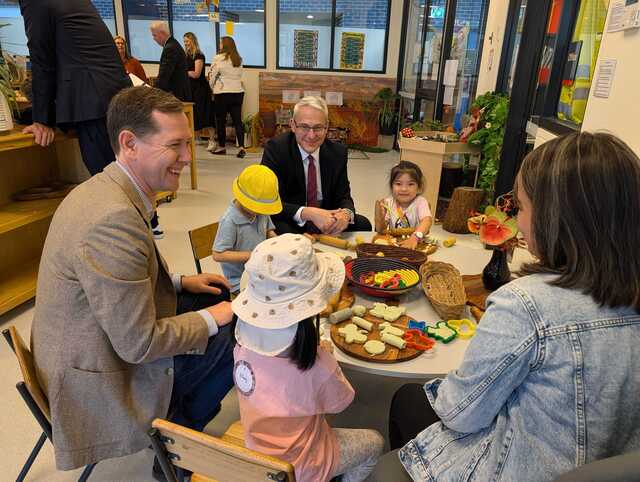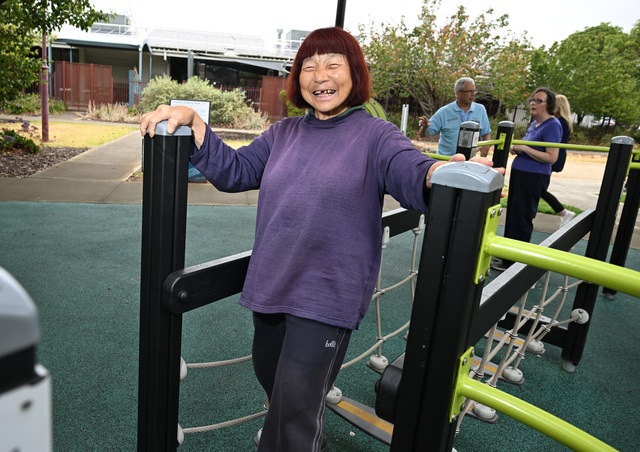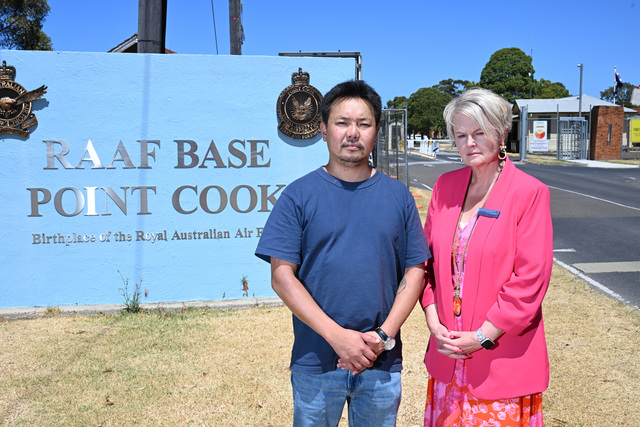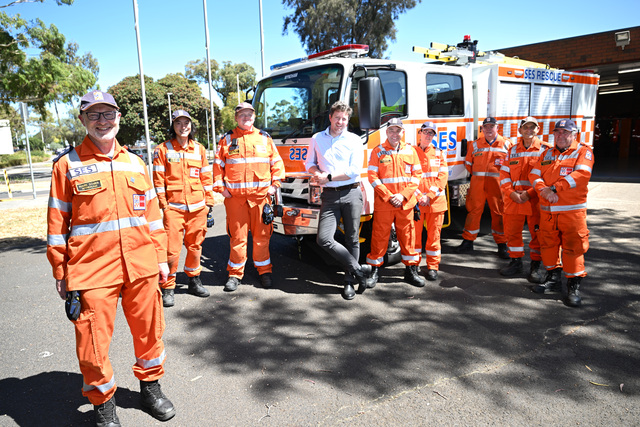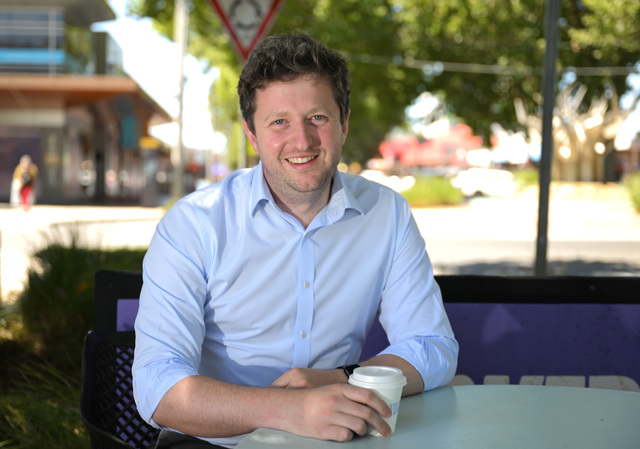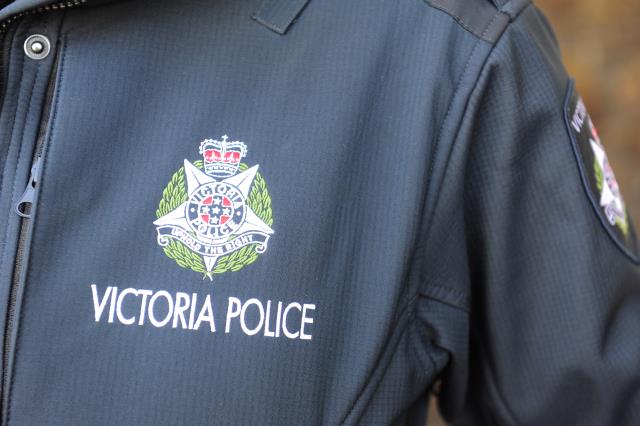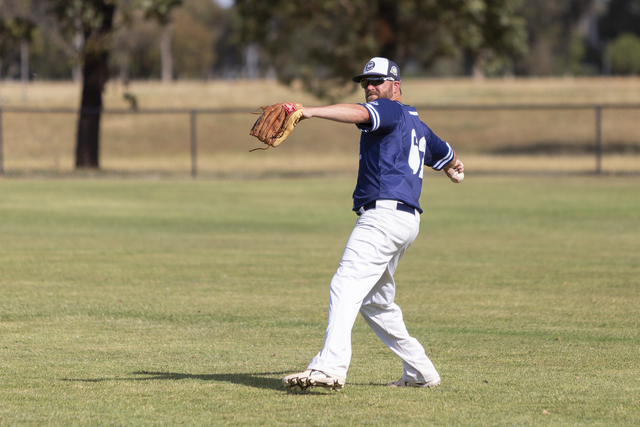The state government’s decision to lower the cap on council rate increases for the next financial year, has been criticised by the body representing Victoria’s local governments.
The rate cap, which sets a limit on the amount any council can increase rates in a single year, was recently reduced to 2.75 per cent for the 2024/25 financial year, down from 3.5 per cent for 2023/24.
President of the Municipal Association of Victoria (MAV) Cr David Clark, said lowering the rate cap would deny councils a key source of revenue at a time when many are struggling to make ends meet.
“Councils are dealing with spiralling costs on multiple fronts,” said Cr Clark who highlighted inflation, staff shortages, and cost shifting as reasons for the financial strain.
“To decrease the rate cap at this time means many councils will be struggling to deliver the services and infrastructure our communities rightly demand.”
Cr Clark said the financial restrictions being placed on local councils were in stark contrast to those on other levels of government.
“While local government goes backwards by 30 percent compared to CPI since the introduction of the rate cap, all while the State and Federal budgets increase far beyond this. For councils to be stuck at 2.75 percent is going to be challenging in the extreme.”
The state government has justified lowering the rate cap by arguing it is following advice from the Essential Services Commission which found the rate cap was equal to the forecast inflation rate for 2024/25.
Local Government Minister Melissa Horne said the lower rate cap would also reduce pressure on household budgets, a key part of its Fair Go Rates system introduced in 2016.
“The rate cap has made a real difference to household budgets over the past eight years and we’ll keep working to reduce costs for families,” Ms Horne said.
The MAV’s Dave Clark said it was more evidence that a new system for setting rates was required.
“The rate cap is a blunt instrument that provides no capacity to deal with the diverse needs of individual communities and the councils who service them,” Cr Clark said.
“It does not take into account the vastly different needs of councils across the state. It defies logic to use a catch all cap for setting rates given the broad variety of challengers.”
Wyndham was among the council’s who set rates to the cap limit of 3.5 per cent for the current financial year.
Wyndham council declined to comment.


